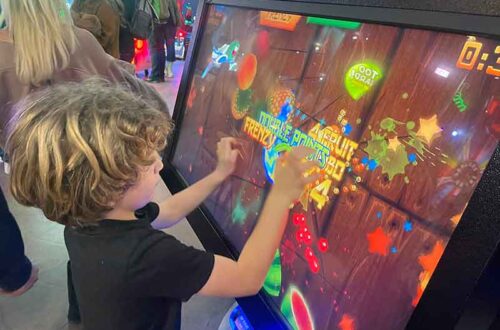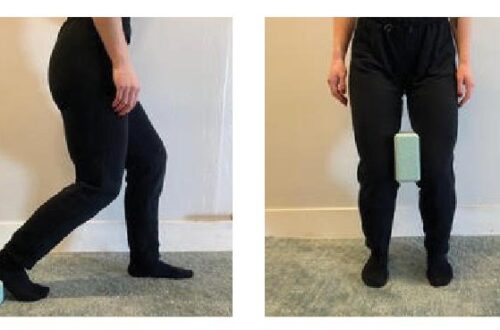
Beginner’s Mind
I’ve thought a lot about the things I hope to teach my granddaughter, but the truth is I will probably learn more from her than she will ever learn from me. Seeing the world through her little eyes has already opened mine.
There is concept in Zen Buddhism called beginner’s mind. It refers to having an attitude of openness, eagerness, and lack of preconceptions about a given subject or idea, just as a beginner would. It is meant to counter the closed-mindedness that can occur when one thinks of themselves as an expert.
A person can become so used to doing things in a certain way that they do not consider or acknowledge new ideas. I am not a Buddhist, but I’ve always been intrigued by this concept. I have been about as successful at incorporating it into my life as I have been with daily meditation, which is to say not very. My sixteen-month-old granddaughter, on the other hand, is an expert at beginner’s mind.
What I’ve learned from watching her learn is that beginner’s mind is baby mind; and the best way to cultivate beginner’s mind is to spend time with a toddler.
Like most toddlers, my granddaughter’s approach to learning to walk is willy-nilly. She has no plan. She puts one foot in front of the other. And even though she has been walking for a few months, she falls a lot. When she falls, she gets right back up. She rarely cries about it. Even when she bonks her head or scrapes her knees. She is undeterred by her failures.
She has no preconceived ideas about how long it will take to learn to walk or what the best way to learn is. If I were trying something new and I failed that many times, I would give up or assume I was doing it wrong. I would declare to myself and others that I’m just no good at walking, and I’m never going to be. Then I would beat myself up for not “getting it,” and resign myself to a sedentary life. And if I ever dared to try again, I would proceed with caution, walking slowly and never ever running. I know too much.
Grace is very confident in her abilities. Overly confident. She tries to climb up into chairs that are much too big for her. She approaches the chair, or the ladder to the slide or the climbing structure, with the same “can do” attitude. And it isn’t just the too-big-things.
Recently she found a doll house chair, no more than three inches high. She set it on the floor, backed her little body up to it and tried to sit on it. I try to imagine relating to the world in this way, as if anything is possible; as if it never hurts to try.
The phone is where I can really see the wheels turning in Grace’s beginner’s mind. Every Friday (my Grace Day) we face-time with my daughter. Grace loves this and smiles and kisses her auntie goodbye.
I think she has come to the understandable conclusion that people live inside the phone. She has taken this to another level with the framed photographs on a table in my living room. She points to them and says “dat, dat, dat,” while I explain, “dat” is your great grandma Bubbie, and “dat” is your cousin Julia. She never tires of this game. (My interest wanes around the twentieth “dat.”)
Lately she has been picking up the frames and turning them over and upside down. I can almost see her mind working this out, trying to understand how her auntie is inside this object too. Then she holds the pictures up to her ear as if it’s a phone and starts jabbering. And when the conversation is over, she says goodbye.
Who knows what is going on in that brain of hers. I’m guessing it’s something remarkable. Maybe even more remarkable is what’s happening in my old, set-in -it’s -ways brain, as I watch her discover the world.
By Sarah Savasky. If you are enjoying my column or have a topic you’d like me to write about, I’d love to hear from you at [email protected].






